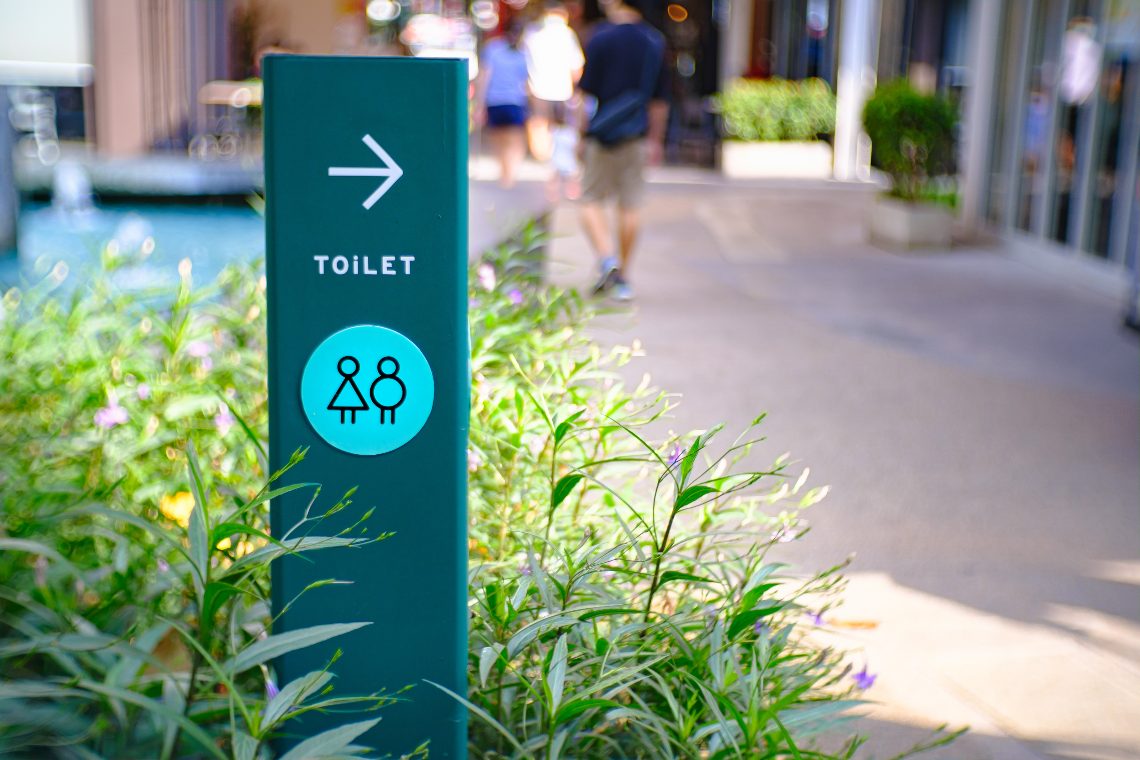A curious initiative by a university in South Korea pays users of a toilet in crypto.
Cho Jae-weon, a professor of urban and environmental engineering at the Ulsan National Institute of Science and Technology (UNIST), has designed an ecological toilet connected to a laboratory that uses excrement to produce biogas and manure.
The new toilet, which has been given the name BeeVi, from the words bee and vision, uses a vacuum pump to discharge faeces into an underground tank, also reducing water consumption.
In the underground tank, microorganisms break down the waste into methane, which then becomes an energy source for the building, powering a gas stove, hot water boiler and fuel cell.
An average person produces about 500 grams of faeces per day, which can be converted into about 50 litres of methane gas that can generate 0.5 kWh of electricity, or for example be used to drive a car for about 1.2 km.
The Ggool token for the crypto toilet
Cho has also created the Ggool (honey in Korean) token, which he gives to BeeVi toilet users: 10 Ggool per day.
With Ggool tokens, students can then buy goods on campus, such as coffee or instant noodles, fruit and books.
In a 2016 study, Ggool is described as FSM (feces standard money), and in a later article, Cho Jae-weon himself explains that it can even become a “basic income” if one’s own faeces is delivered daily to the new toilet.
FSM has similar characteristics to the local exchange system (LETS), but is different in particular with regard to the origin of its value.
A special page explaining what FSM is has been published on sciencewalden.org, and the FSM.network platform for its use has also been released.
Apparently, however, it is not an actual cryptocurrency based on blockchain or DLT.
Cho stated:
“If we think out of the box, faeces has precious value to make energy and manure. I have put this value into ecological circulation”.
The post A South Korean toilet pays in crypto appeared first on The Cryptonomist.





















